
The complexity of trading and economics is similar to natural ecosystems, and the rise of decentralized tech will help humanity improve.
If the global COVID-19 pandemic has taught humanity anything, it has hammered home the lesson that the human being is as dependent on its fellows as the honeybee or ant. Scientists, academics, pharmaceutical executives, philanthropists and government agencies have worked together to roll out a vaccine program that is breaking all records for speed and efficiency. All these roles were necessary to the effort — none could have succeeded in the absence of the other.
This is a clear illustration of what, to me, is the main advantage of human society: The division of labor that makes the human race greater than the sum of its parts. There are a host of more prosaic examples. As I write this, I am using software that I did not create on a computer I could never manufacture, and all of that is powered by electricity I neither discovered nor generated.
A background in medicine and biology has given me unique insight into the interrelationships that enable complex systems, and my years of involvement in trading technologies have taught me much about the design of markets. Both have cemented a conviction that specialization is as important to economic success as it is to biological health.
Like a natural ecosystem, a market contains millions upon millions of individual agents acting and interacting. In the aggregate, these disparate actions amount to the form of a super-organism, whose unique characteristics and behaviors can be observed and, through extrapolation, predicted.
Most economists agree with Adam Smith that the modern world owes its economic growth entirely to the cumulative effects of these divisions of labor, distributed by markets and fueled by new technology. This is the great advantage of the separation of roles: By specializing at the level of the individual, the species can organize at the level of the group.
A drive to survive
These acts of self-interest often benefit a species as a whole, and according to biologist Richard Dawkins’s book The Selfish Gene, not due to conscious choice. It is instead the result of a drive for genetic survival hard-wired into every living thing.
If a living thing does put the greater good ahead of its individual interests, it is less likely to be an act of benevolence than not, because its fate is inextricably tied to that of the group. A sterile worker ant spends its life in service to a fertile queen, because its only chance of perpetuating its genetic building blocks lies in ensuring the queen’s ability to reproduce. On her end, the queen gives birth to sterile workers because she needs others willing to devote their lives to feeding and tending her while she reproduces.
In nature, individual selfish acts lead to outcomes that support the flourishing of the whole, which is why many organisms — from corals to insects to wolves — coalesce into largely harmonious collectives. One termite can do little on its own, but a colony working together can build structures of dizzying height and intricacy.
So it is with humans. While small hunter-gatherer groups can exist without specialized expertise, today’s complex societies — containing, like ants and bees, billions of individuals — require a separation of roles in order to operate, thrive and advance. Not a single one of us has the intellectual or physical capacity — or the lifespan — to become an expert in all of the activities that enables society to function, never mind advance. Instead, we choose a specialization, often when young and mentally malleable enough to learn the ins and outs of our selected role. The decision to specialize is a selfish one: we can only do so much, so we generally stick to a career path that will draw upon and reward our innate abilities and/or education.
But, the sum of all these separate efforts and bodies of knowledge — what Smith calls the “multiplication of the productions of all the different arts” — delivers far more good to the collective than if each of us had to be the master of all trades.
The distribution of tasks generates not just money but also time, which can be used to develop further advancements. It’s the selfish pursuit of what will satisfy and reward us best as individuals, coupled with our ability to co-opt and build upon the discoveries of those who came before, that has taken us from hunting and gathering to space flight and immunotherapy.
On the threshold of change
When we examine how markets work, we see that the principle of the selfish gene plays out in reality on an hourly basis. Individuals act to benefit themselves — i.e., to earn a profit and out-compete others. While some players may lose out at the individual level, in the aggregate, competition results in better products and expanded wealth for the whole.
With the advent of artificial intelligence and the blockchain-powered decentralized internet, we stand on the brink of a transformation in the efficiency and bounty of markets — gains that will be powered by billions of individual acts of self-interest.
Related: Is a new decentralized internet, or Web 3.0, possible?
Interdependent specialization — that key to human advancement — is as embedded in the code of a blockchain as it is in DNA. From the bottom up, individual agents on a blockchain will, through competition, develop and expand new systems and products that stand to improve the wealth and health of society in innumerable ways. These disparate acts can make markets more efficient, which in turn, generates more opportunities while reducing barriers and pain points.
If, as I strongly believe, markets can be considered living systems, we should not underestimate the potential for technology to drastically improve both the diagnosis (analysis) and prognosis (prediction) of their health and behavior. One day, it will enable us to master markets, just as it has helped us improve everything from medicine to traffic management.
Related: No, blockchain technology cannot solve everything
This is not to advocate for unfettered capitalism that disregards consequences. After all, the selfish gene should argue against activities that have the potential to cause health-destroying pollution, disrupt the food chain or, at worst, render the planet on which we live uninhabitable.
Rather, we should approach markets as ecosystems that are made stronger through competition. And healthier markets are more likely to give rise to solutions to the problems that put our species — and our individual, selfish genes — at risk.
The views, thoughts and opinions expressed here are the author’s alone and do not necessarily reflect or represent the views and opinions of Cointelegraph.

You can get bonuses upto $100 FREE BONUS when you:
💰 Install these recommended apps:
💲 SocialGood - 100% Crypto Back on Everyday Shopping
💲 xPortal - The DeFi For The Next Billion
💲 CryptoTab Browser - Lightweight, fast, and ready to mine!
💰 Register on these recommended exchanges:
🟡 Binance🟡 Bitfinex🟡 Bitmart🟡 Bittrex🟡 Bitget
🟡 CoinEx🟡 Crypto.com🟡 Gate.io🟡 Huobi🟡 Kucoin.





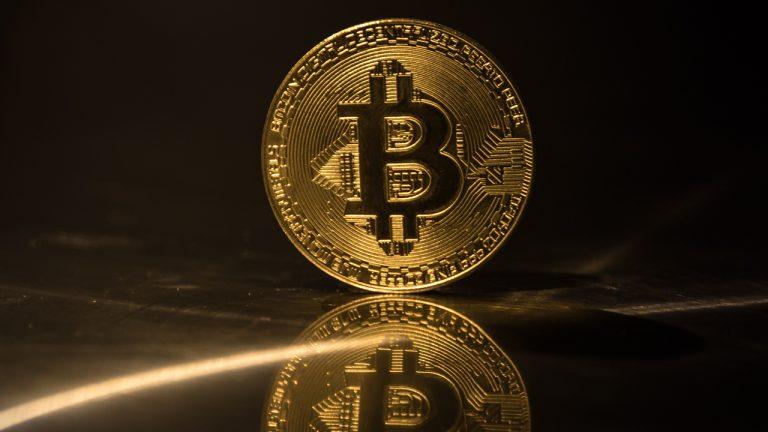



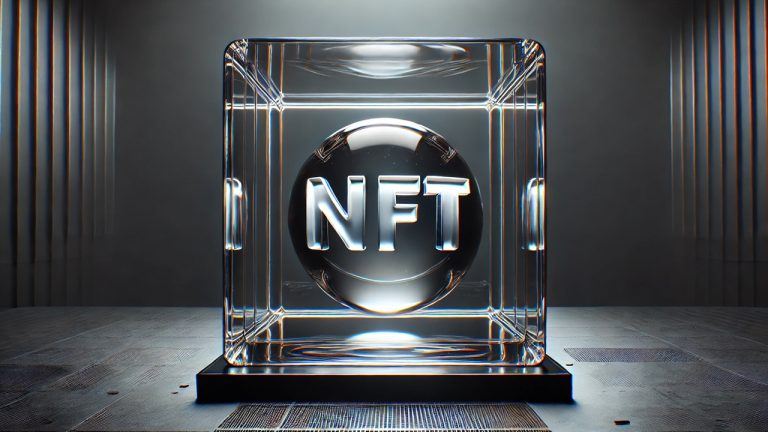

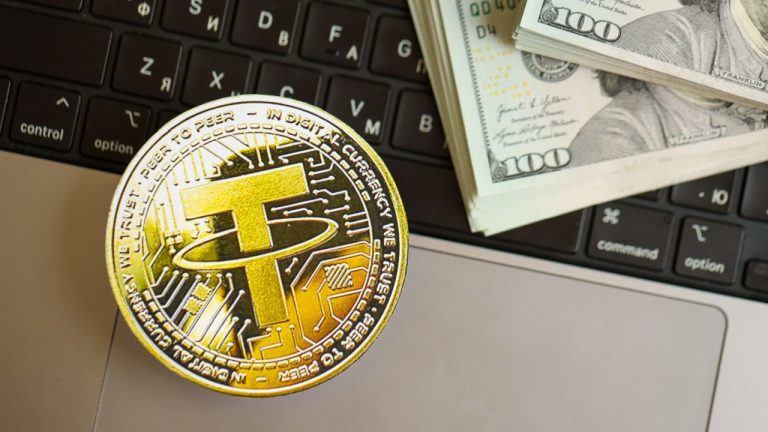



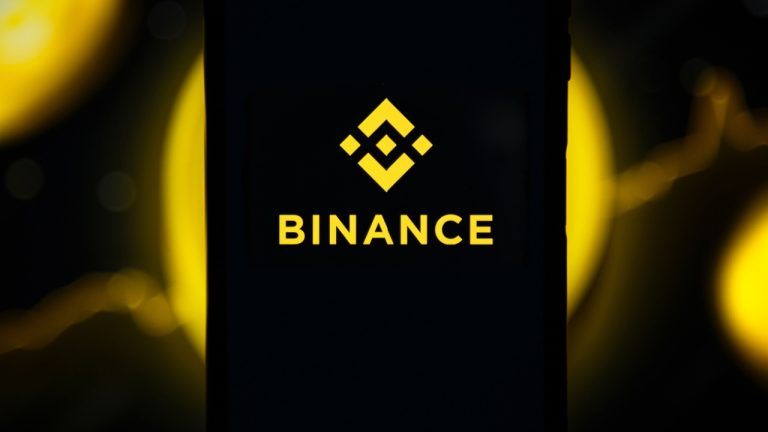

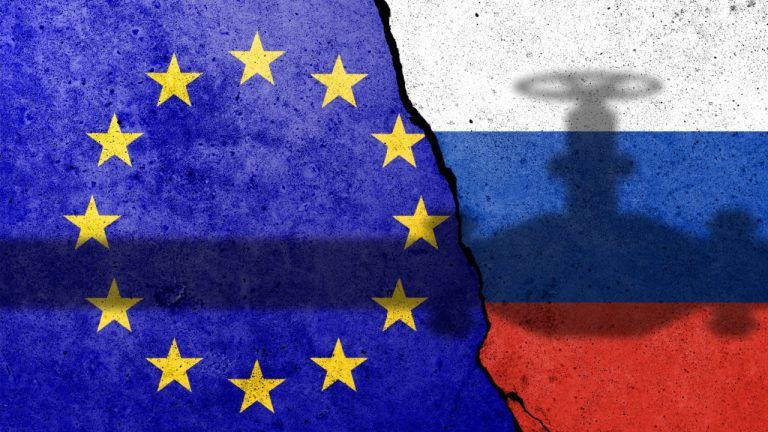
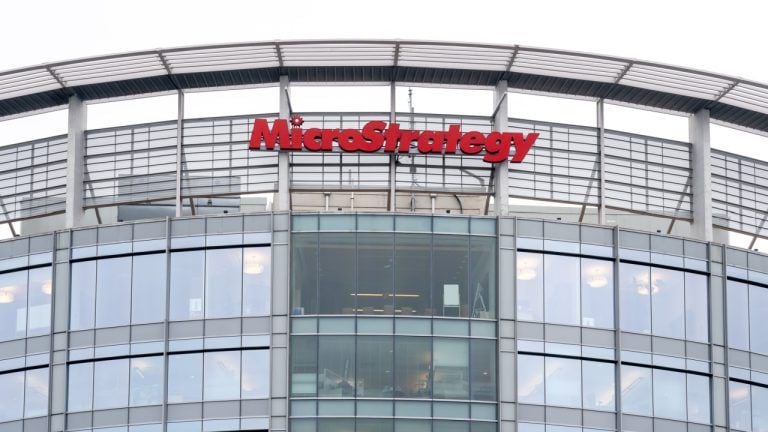
Comments